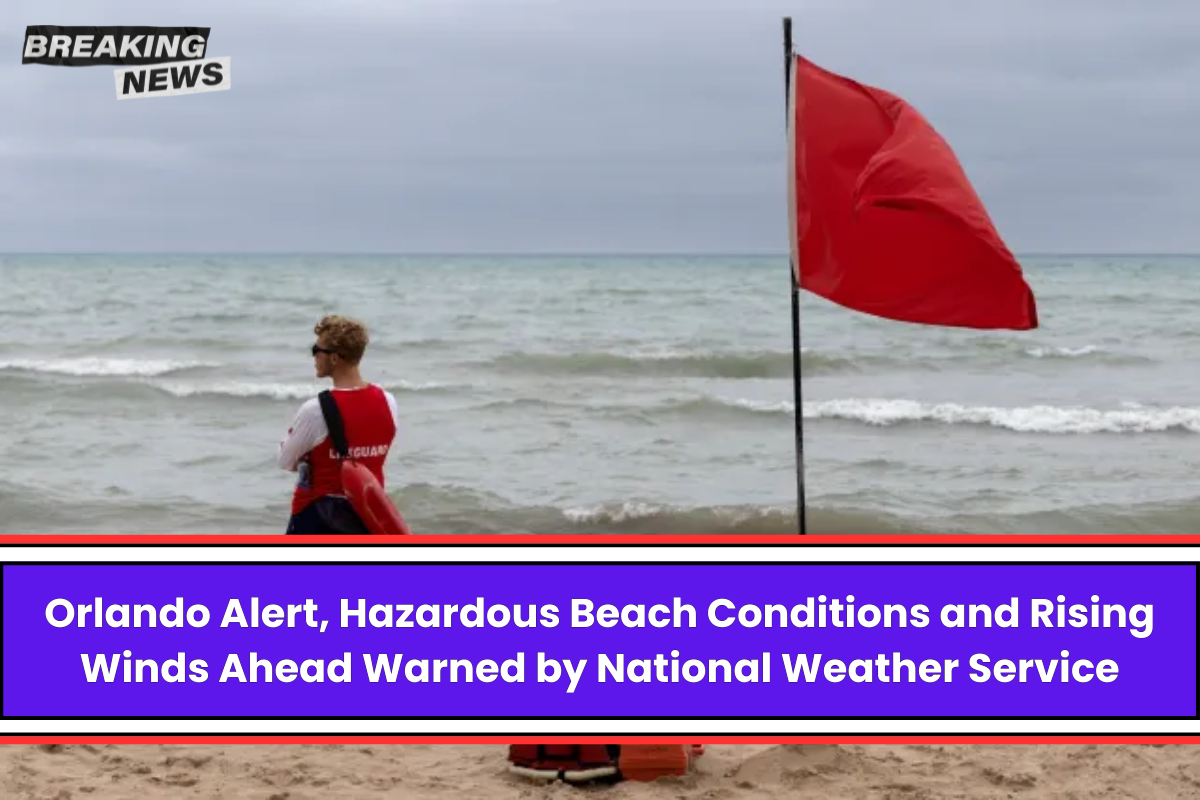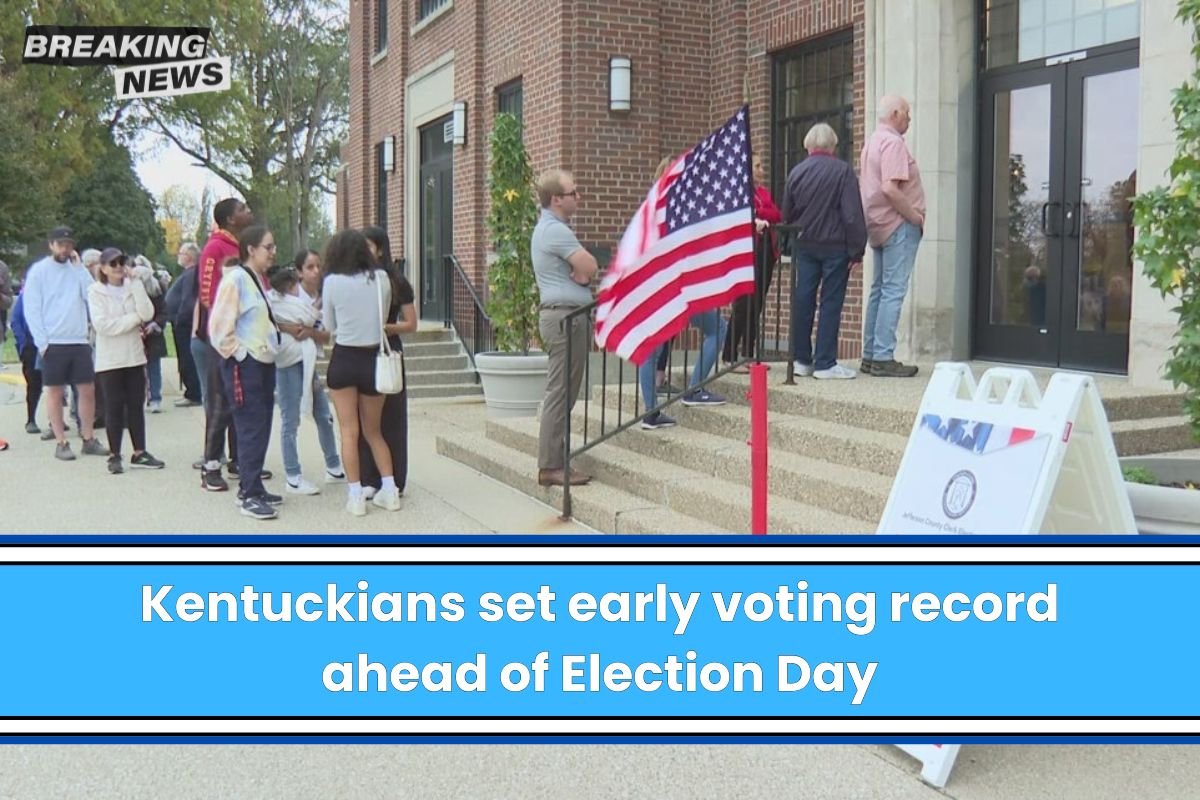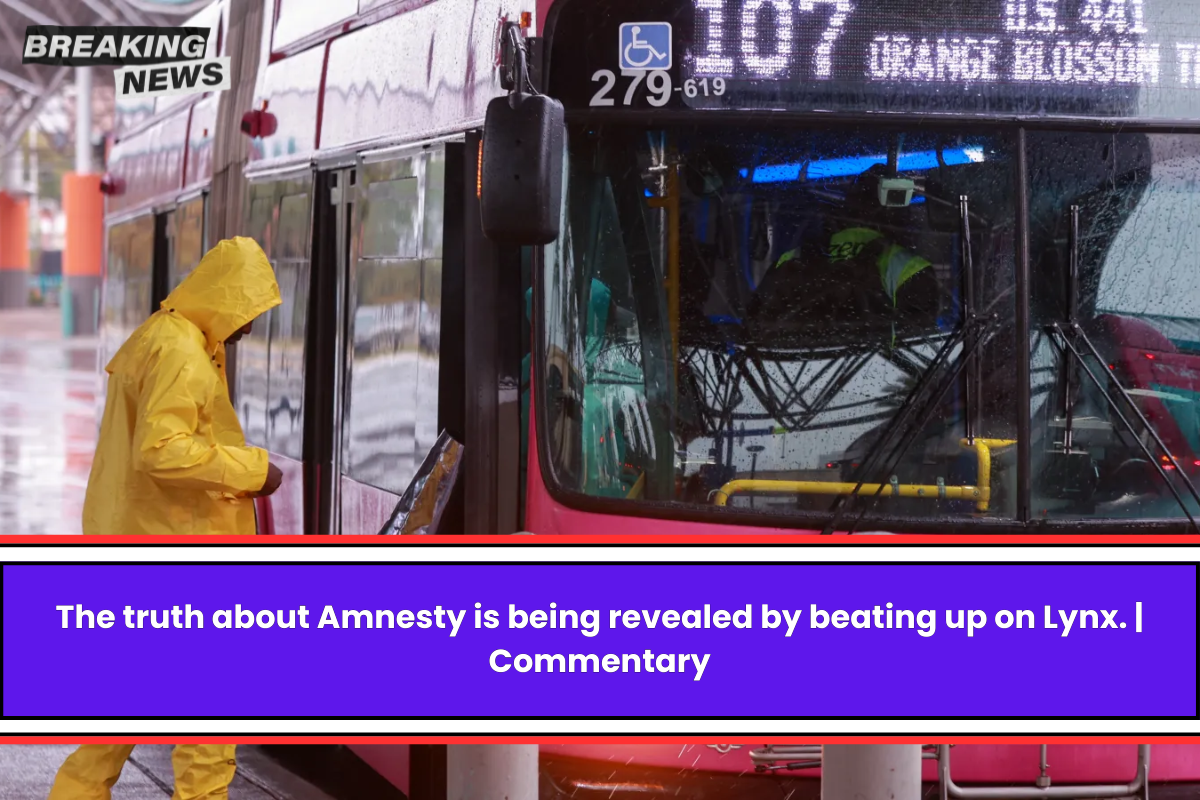It was two weeks ago when the Orlando Sentinel discovered that the state of Florida had been concealing public data that were associated with a legislator who was facing an indictment and was having a difficult time in his campaign for re-election.
At that time, I assured you that we would acquire those records in some fashion or another. Yes, we did it. I will be back with additional information on that in a bit. First things first, however, I would like to bring attention to a story that originated in Seminole County.
Seminole County commissioners reluctantly decided to make their annual contribution to the region’s badly underfunded bus system, as reported by the Sentinel this week.
However, before they did so, they criticized the system and prompted a Lynx official to propose the notion of eliminating routes in order to save money.
Is that true? Bypassing the routes? What would you say about a bus system that is already considered to be among the most inefficient and inconvenient for passengers in the United States?
That is a very interesting solution.
One of the most common activities that certain local politicians enjoy doing is beating up on Lynx. Can you tell me what is not? Making an effort to genuinely operate a bus system that is efficient.
It is common knowledge that Lynx is one of the transit agencies in the United States that receives the least amount of funding.
A few years ago, Governing Magazine published an article titled “Lack of Funding at Root of Orlando’s Failing Public Transit,” in which it was stated that certain service workers “cannot get to their jobs on time because city buses take up to three hours to travel 15 miles.” This article demonstrated the extent of the disaster that exists in Orlando.
In the event that local leaders were concerned about any of this, they would cease their grandstanding and begin looking for ways to resolve the issue.
The first thing that they would do is call a gathering of the regional community and ask themselves, “What exactly is it that we need to provide, and how can we make that happen?”
In a perfect world, this arrangement would begin with Orlando and Orange County, which together account for the majority of the routes and riders in the regional system. In particular, the mayors who are members of the Lynx board of directors.
No, this does not necessarily indicate that there will be some new taxes. Better prioritization is the result of this. During the years that Orange County provided nearly twice as many tax monies to Visit Orlando as it did to Lynx, voters have voted against tax hikes.
This is because they have witnessed the situation. Decisions such as this one, which give tourism firms more importance than the citizen workers who assist those companies in running their operations, say loudly.
After a few of the Seminole County commissioners had finished getting their job done on Tuesday, Commissioners Bob Dallari and Lee Constantine told me in phone calls that they are truly dedicated to finding a solution that will allow things to function properly. Simply put, they want to see more innovation and overall improvements in service.
Then, I concur. However, this requires financial resources. In addition, the only way to truly provide it is by means of a dedicated funding source, such as the one that Orange County provides through Visit Orlando.
As a matter of fact, the Sentinel cited statements made by local officials when they stated that a dedicated financing source was “the only way” to fix the problems that this region is experiencing with buses.
“Years ago” is a phrase that I use with full intention. 1993 was the year when this quotation was published. Despite this, it has not yet taken place, which demonstrates how significant the concern of the local leaders is on this matter.
Amesty secrets have been exposed. The Sentinel published an article about a state body that voted on whether or not a small private institution could keep its license, but then refused to identify what action it took. This story was shared by the Sentinel for the second time two weeks ago.
A public agency did, in fact, engage in public business, but it chose not to disclose its activities to the general public.
During my more than three decades of covering government, I have never witnessed anything quite like it, with the exception of certain countries like Russia.
The little-known institution, the Commission for Independent Education, which is headed by appointees of Governor Ron DeSantis, appeared to be attempting to shield the Republican legislator Carolina Amesty, who is currently facing a lot of criticism. Amesty’s family is the one that operates Central Christian University in Orlando.
Authorities from the state have accused Amesty of “defrauding” the state in order to obtain the original license for the school, and they have charged her with four offenses.
There is no misconduct, according to Amesty. However, Amesty’s father continued to advocate for the institution to maintain its legal status.
That meant that there were two possible outcomes:
There are two possible outcomes: either the state board that is in charge of these licenses would revoke the one for CCU, which would have been a very embarrassing situation for Amesty during the last few weeks of her campaign.
Alternately, the state could have allowed the school to preserve the license that had been gained through questionable means. This would have been a very embarrassing situation for an organization that is supposed to specialize in “consumer protection.”
As a result, the organization made the option to simply conceal its decision. It would not reveal the actions that were taken by members of the panel, which includes Jeff Cross of Herzing University and Sharon Taylor Ellis of Universal Technical Institute, both of whom are from Central Florida.
They failed to provide any information during the meeting, on their website, or in a timely manner when the Sentinel inquired about it.
In the event that the individuals involved were knowledgeable and interested in maintaining transparency, the process of providing this information ought to have taken less than thirty minutes. To tell you the truth, nobody should have even needed to ask.
Websites belonging to reputable public agencies will have this information posted on them. This is not only for the media, but also for the students who are enrolled at these schools.
At the time, I stated that the Sentinel would obtain this information, even if it meant that we would have to file a lawsuit.
It was only after I had finished writing that the agency eventually divulged the information, which was that it had granted the institution a license extension for a shorter period of time.
However, it did not disclose that information until one hour after the results of the ballot counting indicated that Amesty had been unsuccessful in her campaign for re-election.
I spoke with Tiffany Hurst, the head of the agency, so that she could provide an explanation as to why her organization delayed for such a long period of time, whether it had any concerns regarding the fraud that was noted by state investigators, and why it did not post all of this fundamental information for the public on the website in the first place.
There was no response from either Hurst or anyone else working for DeSantis’ Department of Education.
These people are indeed the epitome of public servants.
It is important to keep in mind that none of this pertains to the Sentinel or even the media in general. Students have a right to know whether the “university” they are considering attending or attending is even licensed in this state, which is the reason why this information is required to be made public by the law of the state.
One may argue that this is the very reason why an organization such as this exists in the first place: to ensure that the public is protected by transparency and accountability. However, at this moment, that motto of public duty appears to be nothing more than a theoretical concept.














Leave a Reply